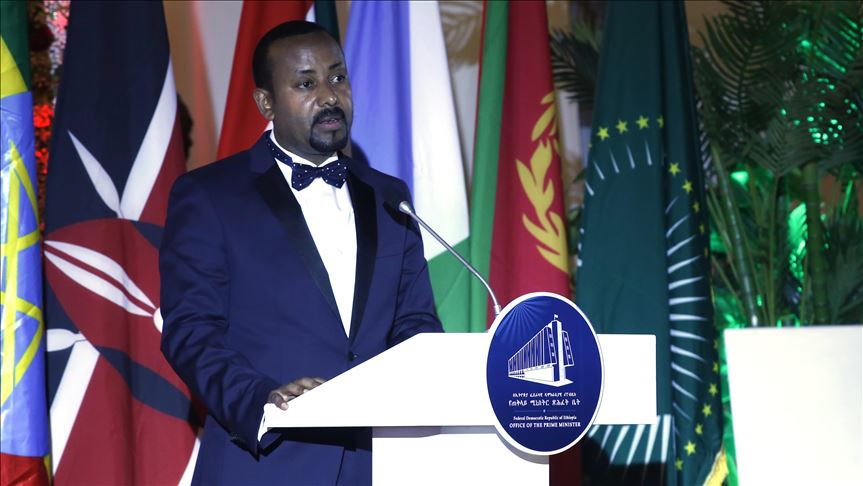Government body calls for measures to ensure media freedom mixes with integrity, to counter its misuse

ADDIS ABABA, Ethiopia, Among many reforms undertaken by the Ethiopian Prime Minister Abiy Ahmed, 43, that won him the Nobel peace prize recently, was to ensure a considerable degree of freedom to media.
In the 2019 press freedom index prepared by the Reporters Without Borders, the country has jumped 40 places high, ranking now 110 much ahead than democratic countries like India and Pakistan, known for their powerful and independent media.
Soon after assuming office in April 2018, Ahmed is believed to have unblocked access to 264 websites, including blogs and news outlets, to allow free flow of information.
The rugged, landlocked country in the Horn of African, Ethiopia, had history of censoring media, jailing journalists and limiting the access to information.
According to Mekuria Mekasha, who teaches journalism at the Addis Ababa University, the most visible reform, seen on the ground has been the arrival of free media.
“Ethiopian media is relishing its freedom under Prime Minister Ahmed, which was denied by the previous administration. This has led scores of publications and satellite televisions channels to start operations. Many banned newspapers have once again hit the stands, “he said.
Over past one year, many new laws were enacted and repressive laws was discarded from the statute book.
Though, the Ethiopian constitution, gives unfettered media freedom on paper, it was a pipedream, as journalists and bloggers were being arbitrarily arrested and tortured just for being critical to the polices of the government or its actions.
“Among the first bold moves by the prime minister, he took just few months after assuming office, was the release of the bloggers and journalists languishing in prisons, “a veteran journalist told Anadolu Agency on the condition of anonymity.
Freedom v/s obligations
Experts in the capital Addis Ababa, however, concede that the new-found freedom has come with its own problems, where certain media houses to meet their own interests are unleashing a religious and ethnic propaganda, inimical to reforms as well to the peace. They believe that an unregulated media was avoiding its obligations.
“Many new television stations, which have come are either represented by some or other religious or ethnic group, fomenting animosity and mistrust, on ethnic and religious lines. At times, these media outlets seem to be highly charged against peace and stability and even against reforms,” said the professor.
Stressing the need to protect integrity of journalism by backing professional and objective journalists, Mekasha maintains that the profession has got mixed with activism, which is affecting its credibility.
Talking to Anadolu Agency, Solomon Goshu, chairman of a study group, involved in the government-led reform program, said there were internal and external issues plaguing the development of media in the country.
“While, it is true that media did not play the expected role, support from stakeholders that makes media vibrant, was also found to be weak and at times non-existent in the country” he said.
Solomon in his study has asked the government to revisit inspection institutions like the broadcast authority. He has also pleaded to develop human resources matching with competence and ethical standards to serve the media.
Complaining that certain media houses were misusing this freedom to serve their own interests, he has urged for devising a mechanism to hold erring media houses accountable, lest the media freedom amounts to becoming literary setting the cat among pigeons by invading genuine privacies.
But the care needs to be taken to allow media houses to continue question powers and to hold the government and politicians accountable, he said.
Source: Anadolu Agency


